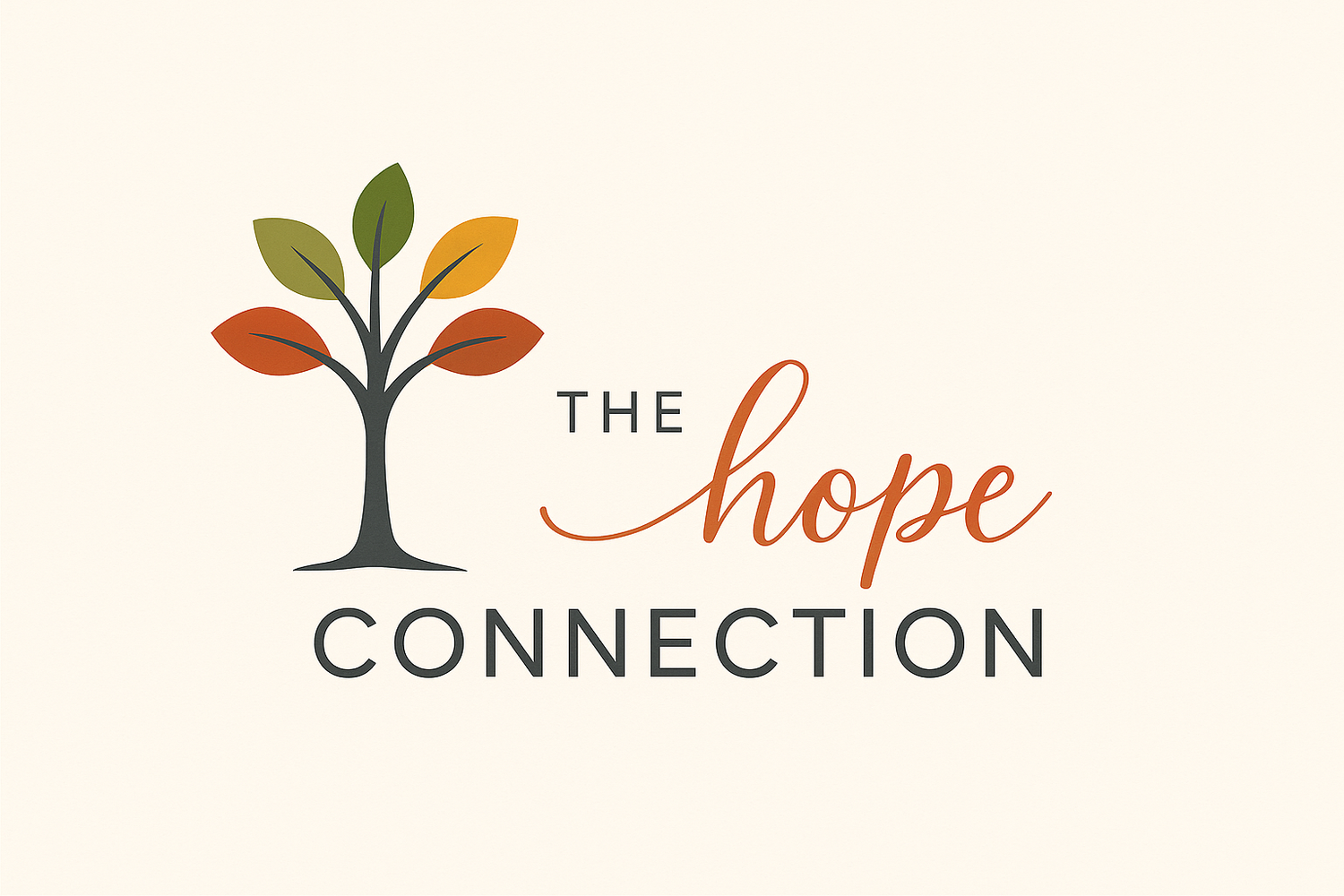How Social Media Has Reshaped Us: A Mental Health Perspective
Over the past 20+ years, social media has become a powerful force in our daily lives. We use it to connect with friends, find inspiration, stay informed, and use it as a digital keepsake of our best memories. Despite these great things, it has reshaped how we see ourselves and each other. As mental health professionals and wellness advocates, it is important to look honestly at how these platforms have impacted our overall health and well-being.
Let’s explore some of the ways social media is affecting us as humans and what we can do to stay grounded by understanding its harmful aspects and cultivating a healthier relationship with it.
👩💻 The Comparison Trap
One of the most profound impacts of social media is the constant consumption of others’ highlight reels and the subconscious comparison of our lives to those of others. Scrolling through curated highlight reels can make us feel like everyone else has it better than we do - more success, more money, more physically fit, more vacations, more free time, no stress, no adverse health conditions, and no family or relationship drama. Over time, this comparison can erode self-esteem and fuel feelings of inadequacy.
Research has shown that frequent social media use correlates with higher rates of depression and anxiety—especially when we measure our worth against filtered glimpses of other people’s lives. One study explored how social media affects mental health, especially in young adults accessing mental health services. Social media has a complex impact on mental health, often fueling low self-esteem, anxiety, and sleep issues while also providing connection and peer support. The study emphasizes the importance of mindful and balanced use, encouraging mental health professionals to explore clients’ online habits as part of holistic care (Andrade).
Consider reflecting on this: When you scroll, do you leave the app feeling nourished or depleted? Who are you comparing yourself to—and is it a fair comparison?
🤝 The Illusion of Connection
Social media is designed to keep us engaged by simulating a sense of connection. Likes, comments, and shares can feel like belonging—but often, they’re not a substitute for true closeness.
This can create a paradox: we’re more “connected” than ever, yet many of us feel lonelier. Real connection involves vulnerability, presence, and mutual care—qualities that are hard to replicate in a feed.
If you find yourself craving a more meaningful connection, consider reaching out to someone by phone or in person. Even a brief, authentic conversation can feel more restorative than hours of scrolling.
🧠 Brains Also Need Rest
The infinite scroll and notifications keep our brains in a near-constant state of alertness. This can disrupt our focus, sleep, and ability to be present. Over time, this hyperstimulation can contribute to chronic stress and burnout.
Many people notice that when they take a break from social media, their anxiety decreases, their sleep improves, and their mood lifts. Creating intentional boundaries—like turning off notifications or taking screen-free weekends—can be powerful tools to reset your nervous system.
🌸 The Loss of Authenticity
When everything is as shareable and accessible as it can be on social media platforms, it can feel risky to simply be ourselves. We may experience fear of judgment or fear of rejection. We may curate our words and images to gain approval, even if it's subconscious. This can create a sense of performative living, where we value how moments look over how they feel. The truth is, though, being ourselves is our greatest power and will attract the right people into our lives and our space, even digitally. Reclaiming authenticity means giving yourself permission to share (or not share) from a place of alignment with your values, rather than chasing validation.
🌿 You Are More Than Your Feed
It’s worth reminding yourself: your worth is not defined by likes, comments, or followers. You are a whole, complex, valuable human being—online and off.
If you’re struggling with feelings of anxiety, low self-esteem, or loneliness related to social media, you’re not alone. Consider talking with a counselor or mental health professional. Sometimes, a little support can help you reclaim balance, clarity, and a sense of control over your life.
🌟 How Can We Find a Healthier Balance?
Social media isn’t inherently harmful. For many of us, it’s a place to learn, connect, and find inspiration. The key to balance and a healthier relationship with social media is awareness and intention.
Here are a few ways to support your mental health while using social media:
Take regular breaks. Start with a few hours, then work your way up to a day—or a week-long break from your favorite app.
Curate your feed. Follow accounts that uplift, educate, or truly inspire you. Unfollow those who make you feel down about yourself. This is especially true in the fitness world, as it is more encouraging to follow people whose bodies resemble yours. Body dysmorphia is NOT welcome here.
Notice your feelings. Pay attention to how you feel before, during, and after using social media.
Set time limits. Use built-in tools (such as Screen Time for iPhone or Digital Wellbeing for Android) or third-party apps (like Freedom, Offscreen, or AppBlock) to monitor or restrict usage. This is extremely helpful if you tend to scroll during the workday or procrastinate on tasks.
Reconnect offline. Prioritize in-person relationships and activities that ground you.
References & Articles to Check Out:
Ahmed, J. O. (2023). Social media psychology and mental health. ProQuest, 30(1), 91. https://doi.org/10.1186/s43045-023-00362-w
Andrade, F. C., Erwin, S., Burnell, K., Jackson, J., Storch, M., Nicholas, J., & Zucker, N. (2023). Intervening on Social Comparisons on Social Media: Electronic Daily Diary Pilot Study. JMIR Mental Health, 10(1), e42024. https://doi.org/10.2196/42024
Hendrikse, C., & Limniou, M. (2024). The Use of Instagram and TikTok in Relation to Problematic Use and Well-Being. Journal of Technology in Behavioral Science, 9. https://doi.org/10.1007/s41347-024-00399-6
Tartakovsky, M. (2022, April 20). Your Guide to Creating a Healthier Relationship with Social Media. Healthline; Healthline Media. https://www.healthline.com/health/social-media-and-mental-health#negative-impact
